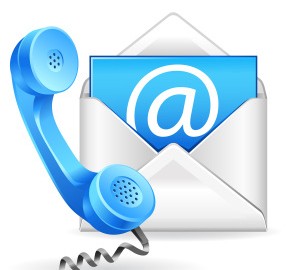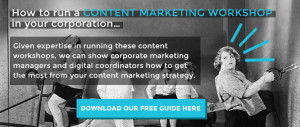 In today’s super-digital environment, an email has roughly the same impact that a business card might have had 10 or 20 years ago: It’s a reflection of your brand and it speaks to your professionalism.
In today’s super-digital environment, an email has roughly the same impact that a business card might have had 10 or 20 years ago: It’s a reflection of your brand and it speaks to your professionalism.
This is true of the personal emails you send to clients and co-workers, but it’s also true of the missives sent to your company email list: For better or worse, marketing emails really do reflect your brand, which means that there’s more to them than their messaging. The presentation itself must be professional, underscoring, not undermining, the authority of your brand.
But not all marketing emails are created equal, and—frankly—not all are as professional as they need to be. There are minor infractions you can make that will subvert your status as a dignified and authoritative pro—and of course, you want to avoid those infractions if you can.
Keeping Things Respectable
The question is, how do you ensure that your marketing emails are adequately projecting your professionalism? Start by ensuring that you’re actually using a professional account, which is to say, a business one. Emailing from a personal account is not only amateurish, but it begs the question: Why hasn’t your company invested in Constant Contact, MailChimp, or another email marketing platform? Emailing from a personal account suggests that you’re not yet ready for prime time.
Another way to ensure your marketing emails are above board: Only send them to people who ask. Have different forms on your site where people can join your email marketing list, and provide opt-out information on your emails themselves. Forcing people onto your email marketing list without their permission smacks of desperation.
Lies & Distortions
The message of your email—and your subject line—can also set a tone of professionalism. Then again, they can also contradict it. What matters here is that you don’t over exaggerate, embellish, or outright lie about your company—especially in ways that will be plainly obvious to your readers.
Obviously you want to convey value, but you don’t want to be audacious. Don’t make promises you can’t keep. Don’t suggest that you have the cure for cancer or a solution to world hunger. Keep it value-focused and positive, but also earthbound.
Action Focus
Finally: Remember that professional communiqués always have action steps. Your marketing emails are not exempt from this. Your emails shouldn’t have an “FYI” spirit to them, but rather they should come with clear calls to action. This, you should always tell your readers, is what you do next!
(197)
Report Post



